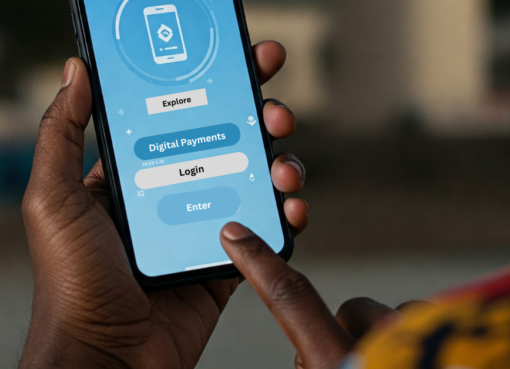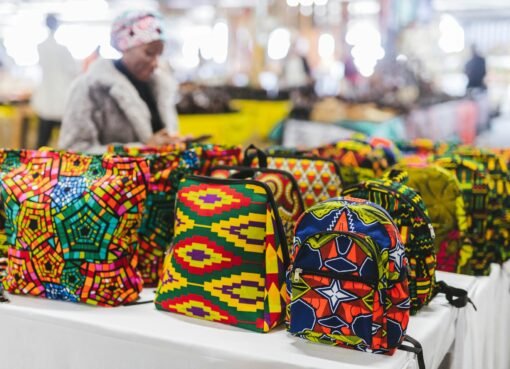Interswitch, the Visa-backed Nigerian payments giant, has merged with M-Kudi, a mobile money provider, as it seeks a payment service bank (PSB) license from the Central Bank.
The merger, subject to regulatory approval, will allow Interswitch to create accounts and hold customer deposits, making it the first time the fintech would offer non-payment services. This follows the fintech’s acquisition of a mobile virtual telecoms licence.
“The PSB use case for these companies (payment companies) is the same: to keep some float of their transaction volumes in-house and consolidate on their already established strengths,” an industry insider told TechCabal.
“A PSB is the sensible consolidation for them (Interswitch) even if it means they bank themselves,” he added.
Interswitch declined to comment on any part of this story.
With the PSB licence, Interswitch, which brought in $42 million in revenue for its 2023 fiscal year that ended March 31, will be able to receive foreign currencies for its customers and directly offer agency banking services.
Nevertheless, Interswitch has to offer innovative services to convince Nigerians, famous for user inertia, to use its remittance or agency banking services. Interswitch’s tenured presence in Nigeria, where it derives 94% of its revenue, would be useful.
The CBN introduced regulations for payment service banks in 2018 with a remit to increase financial inclusion in rural. Those license holders are to offer 25% of physical activity in “rural areas with a high unbanked population.”
Interswitch, which derives most of its revenue from offering services to its banking customers, will have to invest in a nationwide physical network of agents.
Mobile money operators are also limited from participating in the revenue-driving segments of other banks, as they cannot directly give out loans, hold foreign currency deposits or participate in foreign exchange transactions except for receiving remittances. These restrictions severely affect the attractiveness of PSBs in Nigeria.

































Comment here